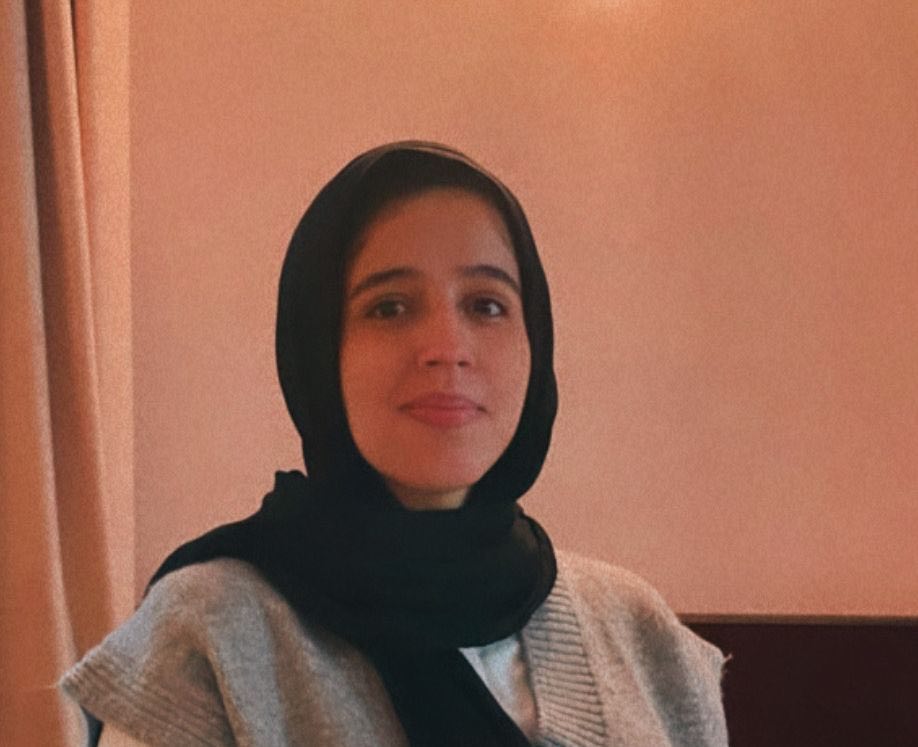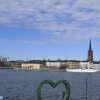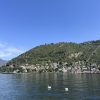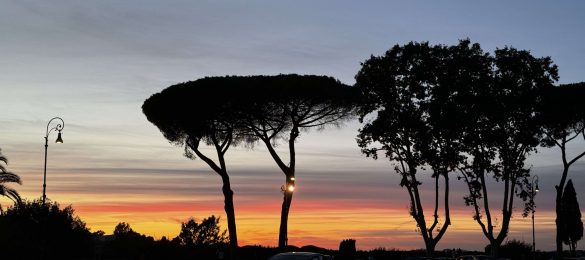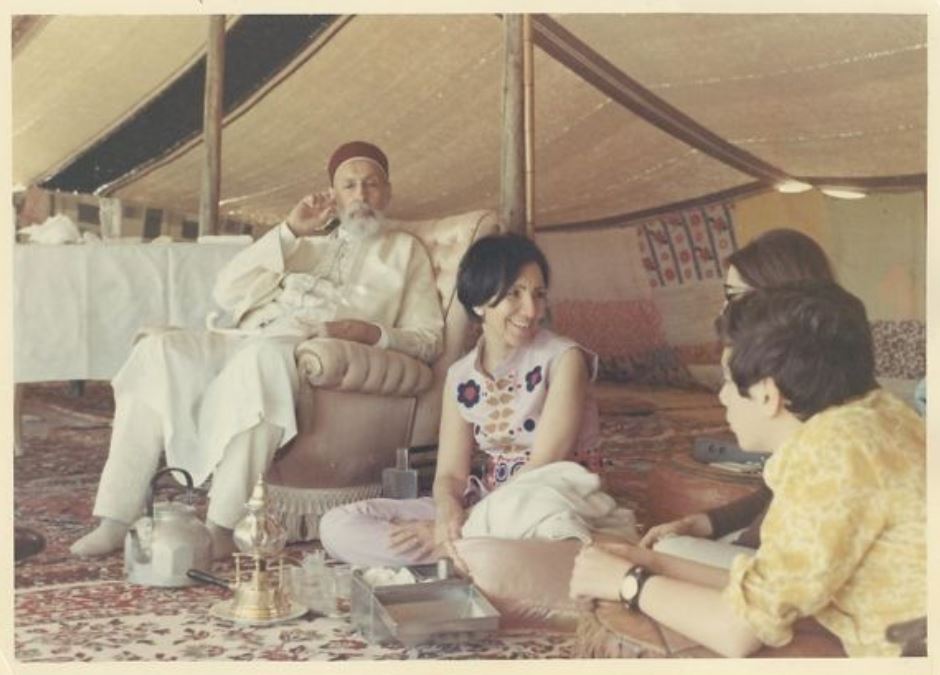
Sometimes I look for answers while sometimes, answers find their way to me. Since 2011, I have been researching and looking for answers about my country’s history before 1969. I had little knowledge of the kingdom’s profound impact in the making of Libya since declaring independence in 1951. Gaddafi thought that he will manage to erase a huge historical timeline within Libya for many generations, including mine. Having young generations that would not familiarize with anything but the Jamahiriya was appalling and intolerable. After the fall of the regime I started what I consider a lifetime journey of traces collection to connect them together. Dajani
In this article, I am sharing another trace of another story. This time, it highlights the kingdom era in Libya and the human factor that we usually tend to forget. The details around the kingdom from the experience of a Palestinian family that was sent to exile in 1948. They had a story to tell from one of their many stations in life, Libya. This article will introduce you to the life of the Dajani family around the corners of the Royal palace with king Idris and Queen Fatima.
From Jerusalem to The Kingdom By The Sea
Earlier this year, I got in touch with a member of the Dajani family through my website. We talked briefly and we agreed to have an official interview after publishing his book about his family’s story. A couple of weeks ago, I finally got to interview the author of the recently published book “ from Jerusalem to the kingdom by the sea”, Mr. Adel Dajani. In his book, he shared the story of his family in Palestine and when they moved to Libya in the early 1950s. Mr. Adel Dajani, a Palestinian born in Libya, is an economist whose father worked as a legal advisor during the Kingdom era. He got the chance to live and spend time around the palace.
From Palestine to Libya, with Love, Dajani
First, we kicked off the conversation around the motivations he had to write his book. The idea was when Mr. Adel Dajani began to explain the motives and I quote: ”Every family, every Arab family, has a story and our twin passions in life are Palestine and Libya. It is a responsibility on our shoulders and the idea simply started from the story of a family and their travels”. Mr. Adel aimed to share the details and stories not directly with family members of the Dajani’s but mainly with non-Arabs. Especially those not familiar with the humanity of the story and it is indeed a human story.
The idea of humanizing the narrative was a key factor in the making of this book. It took him about two to three years to write it. However, during the pandemic period, he used the time to work more on it. Also, to give it the depth it has once you start reading it. The difficulties he encountered was the story itself. How to make the story appealing to the reader and to keep the thread going without boring the reader. It was challenging to keep the flow going and to interlink the story from every aspect. The idea was to get a sense of place while reading the book. For example, when he wrote details about Tripoli and Tobruk in the book; he wanted to convey the sense of place to people who have no idea where these two places are.
The Dajani Story & The Black Swans
From a first glance, you will wonder what the black swans have to do with this story. Nonetheless, the black swans are directly connected to this family. In a sense, it is as if the black swans became their fate. The black swans term has been used by the author as he was describing rare events. The first black swan was the Nakba in 1948. Their short visit to Egypt which turned into a lifetime of wandering for this family. Second, in Libya in 1969 when the country was at its peak before this date. Then the coup d’état that came in a shock to erase everything. After that, another black swan appeared in the Arab Spring in 2011. The Dajani family and the black swans must be friends, Mr. Adel laughingly added.
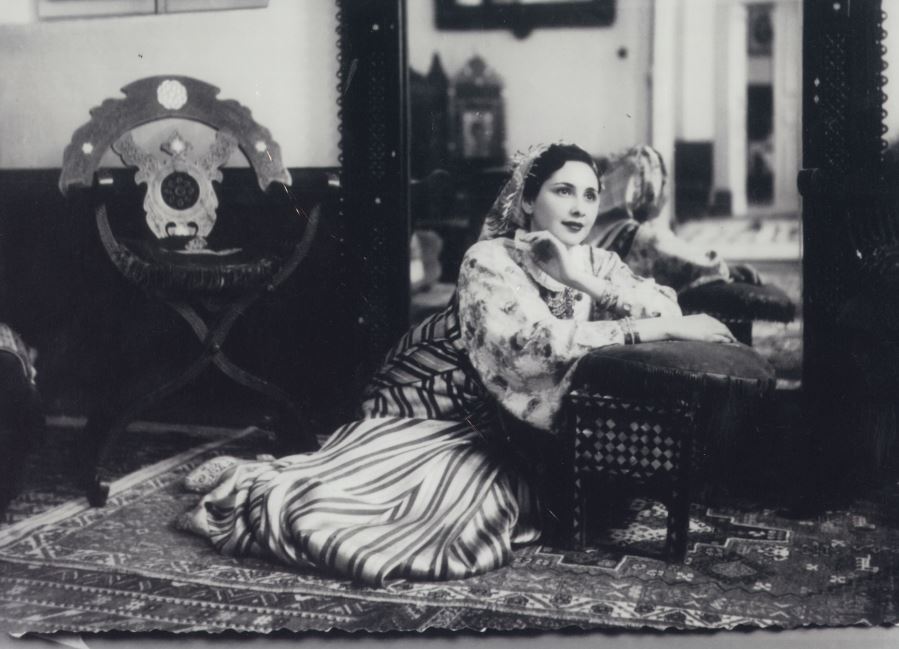
The Memory of The Kingdom is Still Alive in Mr. Adel
His upbringing in Libya was an absolute blessing as he described it. But most importantly, it is a responsibility to pass it on to young Libyans. To know the humanity of the King and Queen. I could clearly sense his compassion when he was talking about their highness. The role of the queen has been under shadowed in many occasions. When in fact, she was a very progressive Libyan woman. She was before her time as Mr. Adel described and she believed in the power of education. The king and the queen were a modern couple for their time. Mr. Adel witnessed the interaction between them and he described it as the relationship of equals.
His mother, Salma, and Queen Fatima had a relationship of sincere friendship and mutual respect. He considered them both as his mothers. They believed in the power of education and when they had gatherings of young Libyan girls. He remembers vividly when he heard them both saying that these are the future of the country.
When it Comes To Palestine, Truth Can Never Be Hidden
Mr. Adel does not know Palestine and he only heard stories from his parents and grandparents. However, you always hear the Zionist propaganda that the country was nothing before 1948. This was not the reality, in Mr. Adel’s book, you will find detailed information of how prosperous life was in Palestine before 1948. It is part of the truth documentation many continue to preserve.
For example, Jaffa was a lively and charming city with all the buildings, architecture, and cinemas. It was a highly sophisticated society at that time. A strong culture existed in every place in Palestine and they were indeed thriving Arab cities. The Dajani lived between Jerusalem and Jaffa. For example, the Jaffa famous oranges existed before 1948. Mr. Adel explained in his book that his father, during his stay in the UK back in the 1930s, received parcels of hand-wrapped and labelled oranges. They were from the family orange groves in Jaffa. In addition, his grandfather opened the first private hospital in Jaffa and people lived in cohesion.
On his family’s move to Egypt, it was a time of great tension. There was no way back as the state of Israel was established in May, 1948.
The Fear of The Unknown
Following the family’s exile, uncertainty was definitely scary. It is important to mention that the family was relatively secure and stable. It additionally had huge influence within the Palestinian society. During the early years of exile; the idea of living day to day without planning ahead was the family’s adopted strategy. The anxiety stayed for so long with the Dajani family especially after independence in Libya.
They didn’t have a moment of relaxation or comfort. It took the family awhile to move forward and to continue the legacy through education. I can’t stress enough how important education is for this family and I could feel it through Mr. Adel’s words in our conversation. ”You can lose everything but there is one thing that you cannot lose; that is the education that your family provided for you”, Mr. Dajani added.
The Dajani’s Experience in Libya
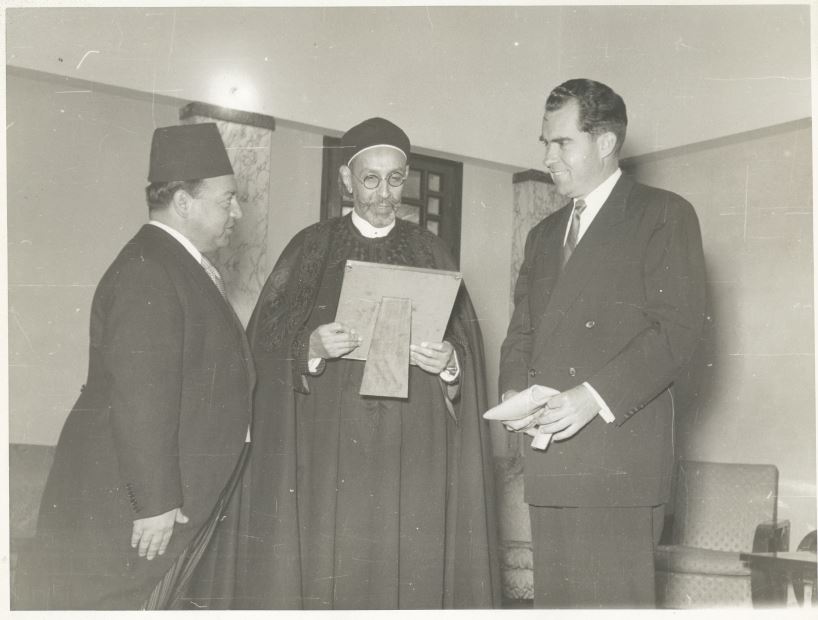
Libya for Mr. Adel is his second home. He was born in Tripoli and went straight to the Palace. Mr. Adel was privileged enough to have that experience and described it as ”a magical childhood”. Indeed it was magical! The kind of place he spent time in had huge impact on him. That experience was something he carries with him dearly to this day. He also talked about the warmth and the humanity of the queen. I felt it through his words. Also, his memories from Tripoli college in Sidi Al-Masri which was indeed a very cosmopolitan school.
”If you don’t know history, you don’t know anything”
Also,
I asked Mr. Adel what he learned from the king and the queen. He said that he learned the Sufi spirituality from King Idris and modesty from Queen Fatima. He recalls the shawl of the queen that she had with her in the back of the car. It is part of your soul. His childhood was greatly marked by the king and the queen and, of course, his parents. During the summer, they spent times in Tobruk and sometimes in Greece. They were simple and spiritual people and he witnessed it. The king and the queen did their part with what they had at that time. They didn’t have any interest in staying further in power.
The personas of their highness showed that they were not interested in the fancy palaces or the luxurious life. For example, after Gaddafi overthrew the king, he was asked by his secretary what to get him from his office. Simply, he only asked for his books. The Royal family was further sent to exile, in Egypt, deprived of their home country, Libya. The king wanted to get back to Kufra oasis for his retirement. Nonetheless, the brutality and injustice of the regime didn’t allow it.
The Dajani Family’s Role in 1951 in Libya
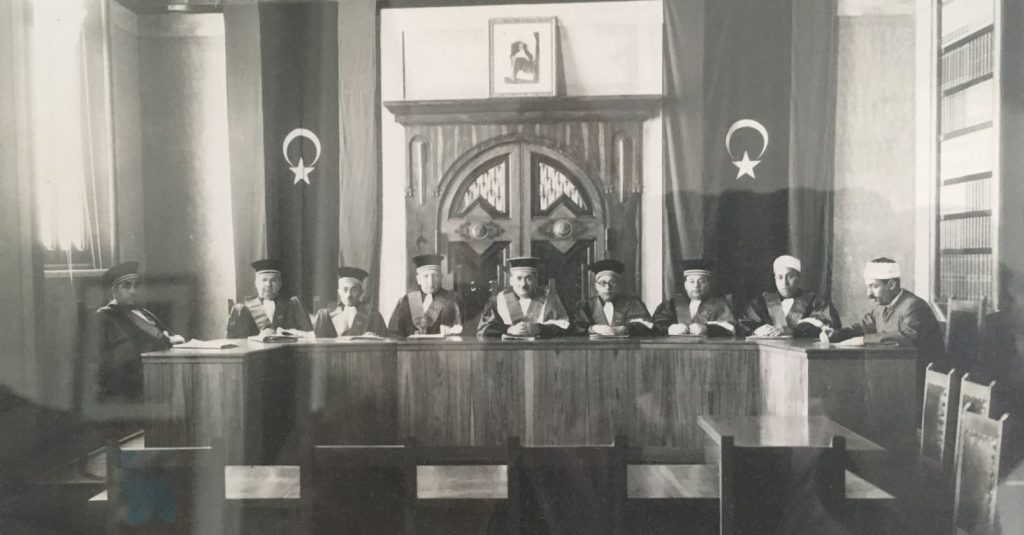
The role of his father, Mr. Awni Dajani, in the drafting of the constitution in 1951 was an integral pillar of Libya’s path towards democracy. There were many problems and divisions. In fact, the problems back then were similar to the problems we are facing today in Libya. The only difference was that the king gathered Libyans together. Unfortunately, a person like the king is what we lack today.
He further connected them together to push the kingdom forward. The king had a futuristic vision in relation to Libya’s internal and external relations. However, he was open to the thoughts of the Libyan population. The king decided to put all the problems aside. Libya had nothing back then and it is easy to unite the country when you have money. The hardest part was unification while having nothing, literally.
If we compare that time to our time today and the challenges we currently have. Legally, the old constitution has not been abolished. It could have been used as an interim for this phase. In other words, it has all the basics that can be modified to suit this time. Taking Tunisia as an example, we could learn from the Tunisian experience after the revolution in 2011. The mobilisation of the civil society to connect Tunisians with the democratic track was extremely important. It is essential to fix the economy first and to take it one step at the time.
Palestine Today, Sheikh Jarrah & Online Activism
Reaching the end of our exceedingly pleasant and instructive conversation. I wanted to discuss the current situation in Palestine, especially, in Sheikh Jarrah. We could clearly see the biases of ”objective” media outlets today on what has been happening in Sheikh Jarrah. However, we witnessed the mobilization of people around social media platforms. It has not happened before and there is sympathy because we are talking about fundamental rights. Today, there is failing leadership in Palestine. While a growing awareness on the ground with all the inequalities we are going through.
The people have to work in the democratic system to change the narratives kept around Palestine on a political level. Social media now became more important than regular media. The latter must change their standards because the west has clear double standards. There is no grey when it comes to the Palestine, it is either black or white. The resistance of the Palestinian people is humbling and everyone has to rally to support the Palestinians.
I would like to express my sincere gratitude to Mr. Adel Dajani for the opportunity to share his family’s story. You can find his book on Amazon through this link:
From Jerusalem to a Kingdom by the Sea (English Edition) eBook: Dajani, Adel A.: Amazon.fr.
Pictures within this article are sourced from Mr. Adel Dajani. I hope local publishing houses and libraries in Libya provide this book. It is another important trace and evidence to Libya’s rich history.
